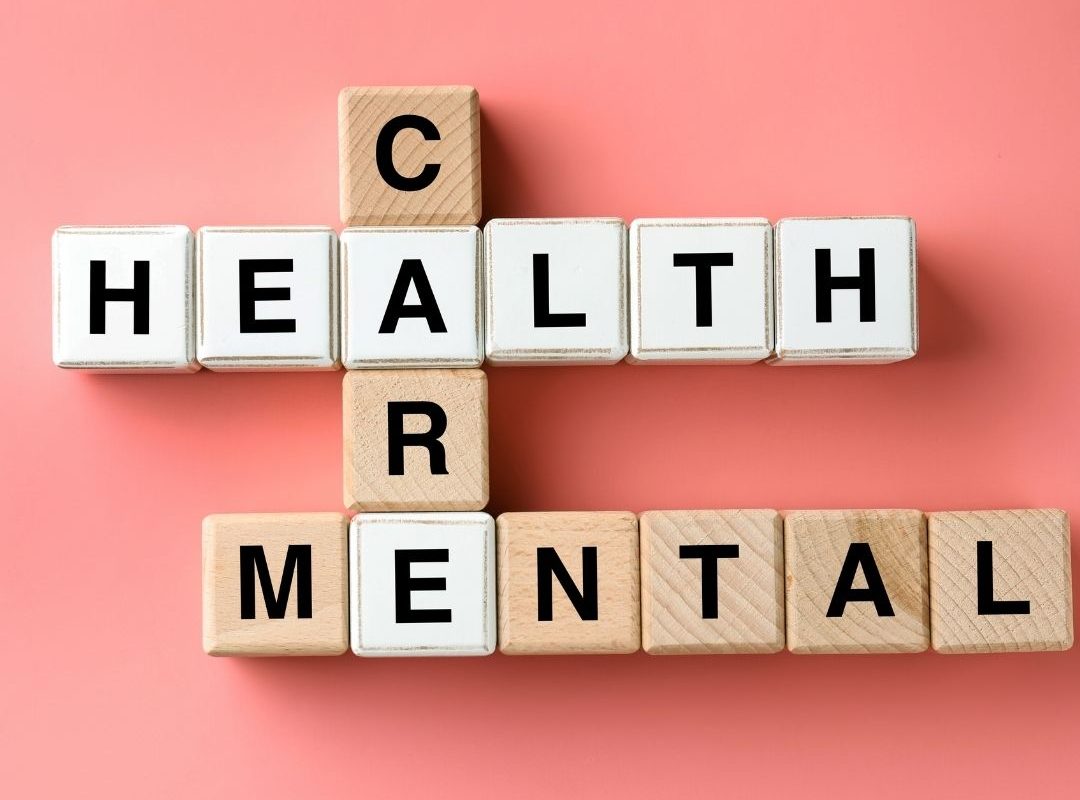Of all the misunderstood mental illnesses, Schizophrenia gets a horrible reputation. The condition is characterized by disordered thoughts, unusual speech and behavior, and an inaccurate view of reality.
It’s often used as the go-to disorder for violent criminals in movies and television shows. Still, schizophrenia affects a diverse range of people, many of whom can lead to regular, satisfying lives with treatments like therapy and medication.
Schizophrenia is a complicated mental health problem related to psychosis. There are lots of misconceptions about it. Even mental health professionals disagree about it. But the reality is that about 1 in every 100 people get this diagnosis at some point in their life. With the context being set up, in this blog, we will try to explain the various facets of Schizophrenia, starting with its definition.

Schizophrenia is a mental disease that generally appears in a person in early childhood or late adolescence. This mental disorder is characterized by hallucinations, delusions, and several other cognitive impairments. Schizophrenia can be a lifelong struggle for people affected by this disease. People who have this mental disorder may hear sounds and voices that are not there in reality.
Some patients who have schizophrenia can feel and even convince themselves that others are reading their minds, plotting against them, or controlling their thinking. Schizophrenic patients often remain withdrawn and feel distressed or even act fanatically at times.
People living with schizophrenic patients often find it hard to understand what the patient is talking about. On other occasions, schizophrenic patients, when they seem to feel okay, may start explaining what they are genuinely thinking about. It is a very actual fact that mental disease’s effects reach far beyond the patients themselves.
It also affects their friends, families, and society. A sizable proportion of schizophrenic patients have to rely on others for their daily sustenance since they often become unable to hold any job or take care of themselves. Many schizophrenia patients also resist their treatments as they feel normal, and there is nothing wrong with them.
Now that we understand what Schizophrenia entails, let’s look at its symptoms, causes, and possible treatments:
Symptoms:
Many experiences and behaviors can be part of schizophrenia. They can start suddenly, or they might develop gradually over time. Each person’s experience is unique. A doctor might suggest you have schizophrenia if you experience some of the following:
- A lack of interest in things
- Feeling disconnected from your emotions.
- Difficulty concentrating
- Wanting to avoid people
- Hallucinations, such as hearing voices or seeing things others don’t
- Delusions (strong beliefs that others don’t share), including paranoid delusions
- Disoriented thinking and speech
- Not wanting to look after yourself.
Causes:
No one cause has been linked to schizophrenia. Doctors suspect that genetics may play a role in some cases: A chemical imbalance related to the neurotransmitter dopamine may increase someone’s chances of developing schizophrenia, as can complications during their birth. People with a parent with schizophrenia are more likely to have it themselves, but this is thought to result from a cocktail of genetic factors and not one specific gene mutation. There’s also a clear line between schizophrenia and environmental pressures. Stressful situations can trigger schizophrenia in people who are already predisposed to it. People with schizophrenia are also more likely to abuse substances (up to 50 percent are addicted to drugs or alcohol). Still, it’s not always clear when the behavior exacerbates the disorder or vice versa.
Treatment:
There’s no cure for schizophrenia. If you’re diagnosed with this disorder, you’ll need lifelong treatment. Treatments can control or reduce the severity of symptoms. It’s essential to get treatment from a psychiatrist or mental health professional who has experience treating people with this disorder. You may also work with a social worker or a case manager too. Possible treatments include the following:
Medications: Antipsychotic medication is the most common treatment for schizophrenia. Medication can help stop hallucinations, delusions, symptoms of psychosis. Antipsychotic medications that target the neurotransmitter dopamine are commonly prescribed to patients. Some examples of these drugs include aripiprazole (Abilify), brexpiprazole (Rexulti), and lurasidone (Latuda). Drugs can make life manageable for schizophrenic patients, but they can also come with side effects such as weight gain, constipation, low blood pressure, and even seizures.
Psychosocial intervention: Another treatment option for schizophrenia is a psychosocial intervention. This includes individual therapy to help you cope with stress and your illness.
Schizophrenic patients are at a greater risk for a slew of different mental illnesses. Rates of depression, anxiety, obsessive-compulsive disorder, and post-traumatic stress disorder are higher among people with schizophrenia. Symptoms of schizophrenia can overlap with these disorders: Suicidal thoughts and a lack of motivation and interest in life are schizophrenic symptoms that are also hallmarks of depression.
Check out our recent blog post at – https://www.saideephospital.com/2021/01/14/know-your-migraine/
Visit here for regular health updates – https://www.instagram.com/saideephealthcareofficial/



